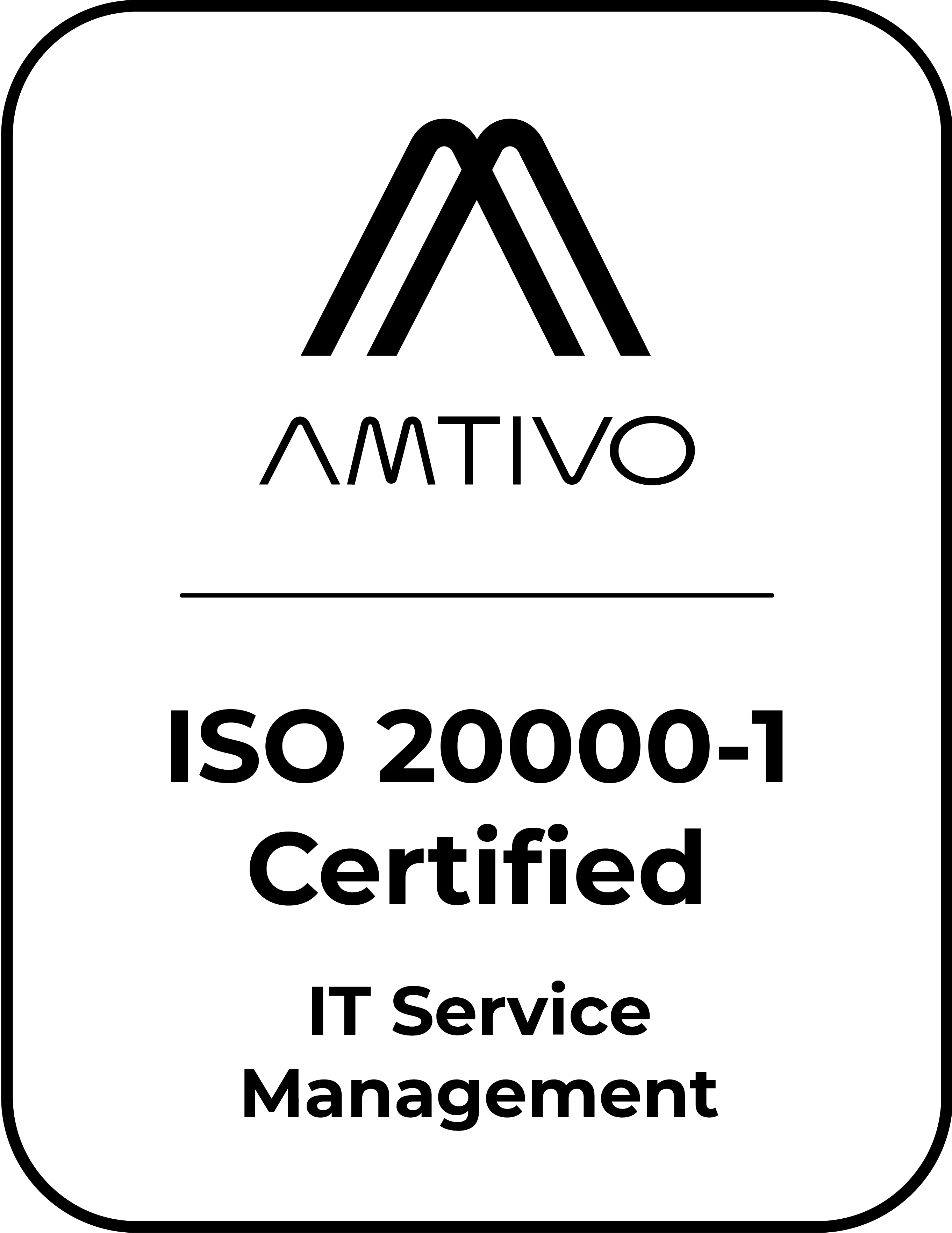school curriculum in vietnamSECONDARY SCHOOL CURRICULUM IN VIETNAM
Secondary school in Vietnam includes sixth, seventh, eighth and ninth grade. It includes the following subjects and activities: Vietnamese Language, Mathematics, Biology, Physics, Chemistry, History, Geography, Civics, Foreign Language, Physical Education, Technology, Art, Music, Optional Subjects, Class Activities, School Activities, and Extra-curricular Activities.
Students in Grade 8 also study vocational-oriented activities. At the end of the year, they sit a secondary vocational exam which contributes to their mark in the 10th grade examination. Graduating students are required to pass the Intermediate Graduation Examination (IGE).





.jpg?h=5065&iar=0&w=7594&rev=09a3e6d173f24b40a2306c762fcc2ecc&hash=90ABD4F507C474ECCC2561F75A526ED6)
.jpg?h=5464&iar=0&w=5464&rev=f86e8d1b23184de79063ef462051545e&hash=4156F7D45F4C3629418A1390E975A055)





